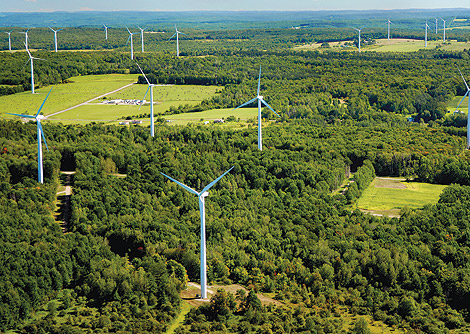interesting.
But what about nuclear meltdowns affecting the environment, like the Japanese meltdown not long ago? ... three mile island, Chernobyl... if we average one nuclear meltdown every fifteen years, is the world any better off?
Lets face it: people are living way beyond their means. We throw stuff away here in America that people in other countries would save up for months for. We run our air conditioners in our homes to keep our pets comfortable... or at least have it nice and warm/cold when we get home. We live in HUGE houses, we have our groceries trucked in from at least 1500 miles away before we can eat it.
What happened to the majority of people growing a garden in their backyards, using less electricity because they don't want it, turning off the television and working/playing outside? It's the society we live in now that is causing the majority of problems...
The article also doesn't take into account oceanic pollution either. Sure, ocean acidification because of global warming and higher than normal CO2 levels... but what about all the industrial waste, heavy water, radioactive water from nuclear plants, chemical fertilizers from runoff, medications, plastics, and tons of human waste going down our rivers and out into our oceans... excess sedimentation around reefs that choke out the sunlight and increased nutrient levels way beyond capacity...

